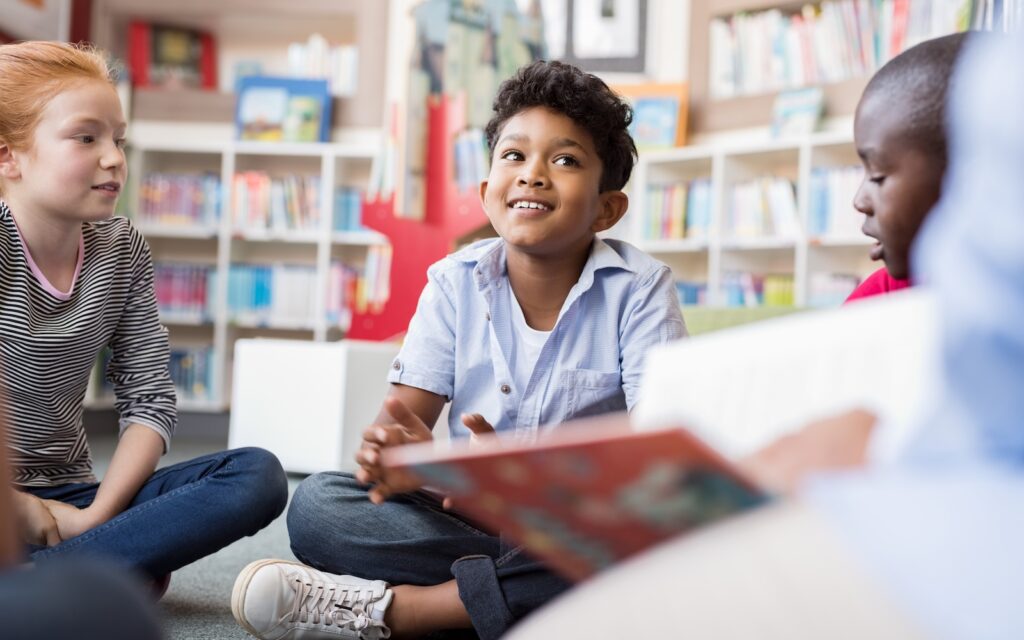North Carolina’s focus on K-3 literacy paying off
(The Center Square) – From kindergarten through third grade, North Carolina public school students scored higher than the national average on literary assessments at the end of last school year,…

(The Center Square) – From kindergarten through third grade, North Carolina public school students scored higher than the national average on literary assessments at the end of last school year, state officials said.
The assessment is called Dynamic Indicators of Basic Early Literacy Skills, also known as DIBELS.
Educators credit the improvement to the statewide launch of a program called Language Essentials for Teachers of Reading and Spelling, also known as LETRS. That two-year program for K-3 teachers started during the 2021-22 school year. As of June, all teachers in those grades had completed the training, which provides instructional tools on the science of reading.
“They call it the ‘science’ of reading because, like any scientific concept, these methods are grounded in research and data,” said State Superintendent Catherine Truitt. “When we implemented LETRS, we knew we’d see results. But to have so many students improve this early in our state’s new literacy journey is a wonderful surprise. It speaks to the dedication of our teachers and the efficacy of the professional development coordinated by North Carolina Department of Public Instruction’s Office of Early Learning.”
It was the third consecutive year that K-3 students scored above national average of the DIBEL test.
The number of North Carolina students who met or exceeded benchmarks for improvement on the DIBELS test from the beginning of the 2023-24 school year through the end of year, increased by 81,616, the state said.
Also, 53,808 fewer students fell below the benchmarks.
The largest gains were in kindergarten, with a 40% increase in the number on track in reading. This compared to an average of 25% in other states.
“This year’s third graders were already in first grade by the time the original cohort of teachers began LETRS, so it makes sense that they’re not experiencing as much growth as the K-2 students who were exposed to the science of reading earlier,” said Amy Rhyne, senior director of the state’s Office of Early Learning. “Now that all of our students will enter kindergarten with a teacher who has completed LETRS training, they’ll be able to build a really strong foundation. We expect to see that reflected in even greater achievement for our students in years to come.”



